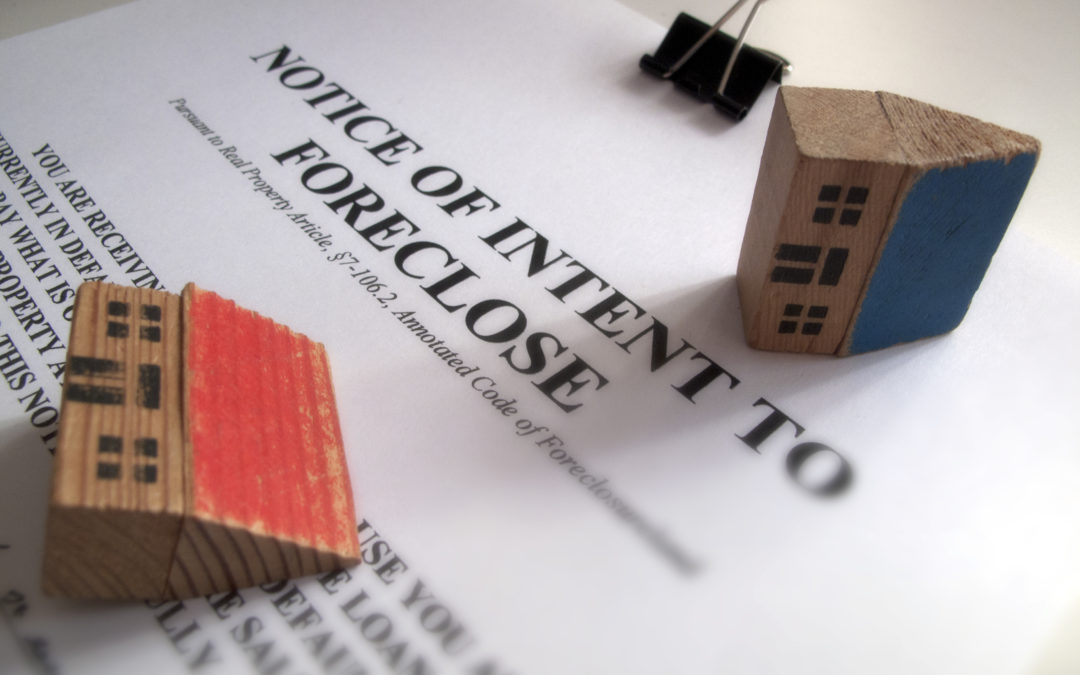Nobody wants to foreclose on a home—not a mortgage banker and certainly not a community association. Countless Americans lose their homes when lending institutions are unable to collect mortgage payments. In a perfect world, no one would ever face foreclosure—for any reason.
That’s why foreclosure should always be used as a last resort, applied only when a community association has exhausted all other collection options and only when a homeowner refuses to remedy a significant debt to the association.
CAI does not support people losing their homes to foreclosure for insignificant sums of money. Even when the debt is significant, foreclosure should be considered only after other approaches have failed. In all cases, homeowners facing foreclosure deserve reasonable opportunity to appeal the issue to the leadership of the association.
There is no universal threshold that should trigger a foreclosure. The decision should be based on many factors, including the amount of the debt, the financial health of the association, the reason for the debt, and the homeowner’s willingness and ability to bring the account up to date. The magnitude of this decision requires an approach that is fair, reasonable, and consistent with practices and procedures established by the association’s governing documents.
While there are isolated instances of inappropriate foreclosure, this action is viewed as a last and unavoidable step by the overwhelming majority of community associations. Knowing that people occasionally face financial hardship—a lost job, for instance—many community associations do work with homeowners to develop deferred or special payment plans.
Elected by their neighbors, volunteer community leaders are responsible for ensuring financial stability and the continued delivery of services to residents in the community. An association’s budgetary obligations do not change when assessments aren’t paid. Common areas must still be maintained. Garbage must be collected. Insurance coverage must continue. The pool remains open in the summer. Snow is plowed in the winter.
Homeowners who simply refuse to pay their assessments—as they contractually agreed to do when they purchased their homes in an association—are cheating their neighbors, their community, and themselves. When homeowners are delinquent on their assessments, either their neighbors must make up the difference or services and amenities must be curtailed. That affects everyone in the community, perhaps even leading to a decline in property values.
Used as a last resort, the lien and foreclosure process gives community associations a mechanism to ensure the resources necessary to provide services, protect property values, and meet the expectations of the community as a whole. Placing a lien on property, with the ability to foreclose, is typically enough impetus to get delinquent residents to meet their financial obligations to the community.



That’s right. Foreclosing on a home, especially one with equity is not a good business decision. Send them to a collection agency that specializes in Condo and HOA maintenance fee recovery. Engage the delinquent owner and have a professional work out a payment with them. It works very well.